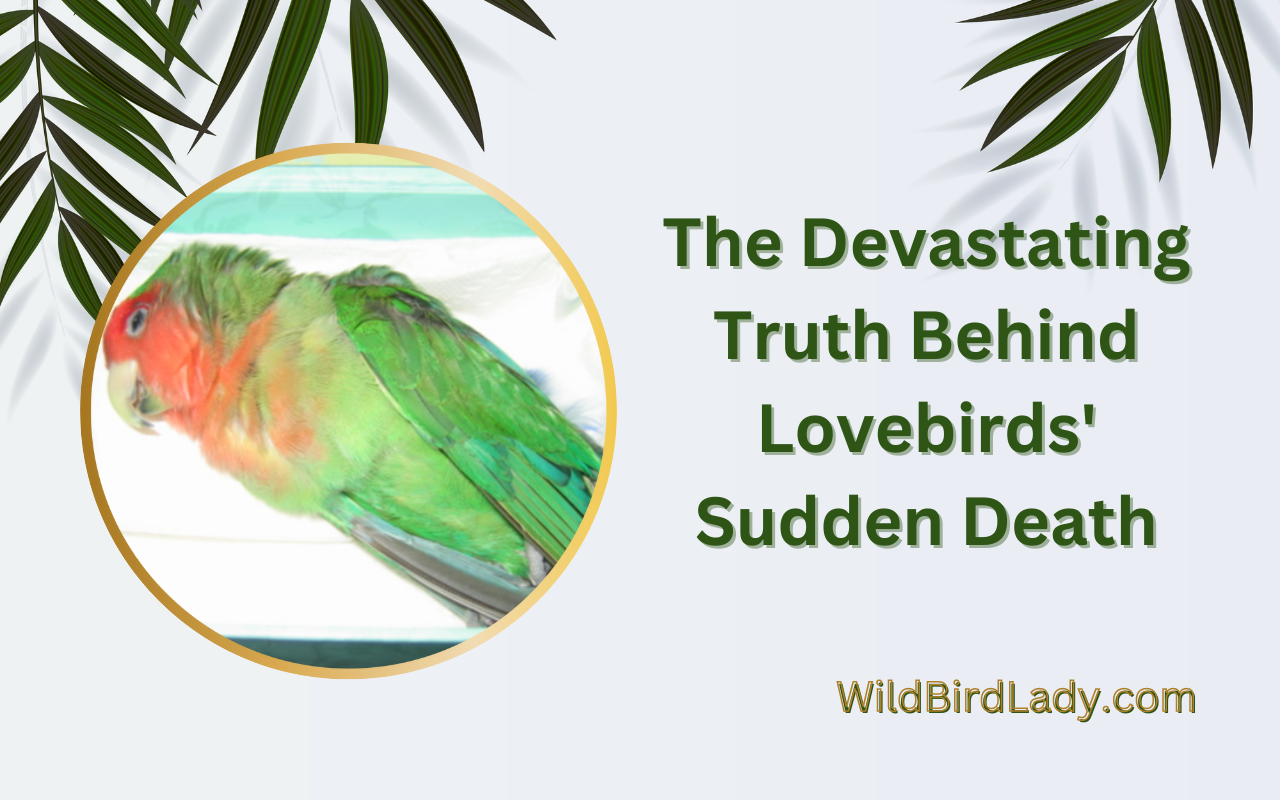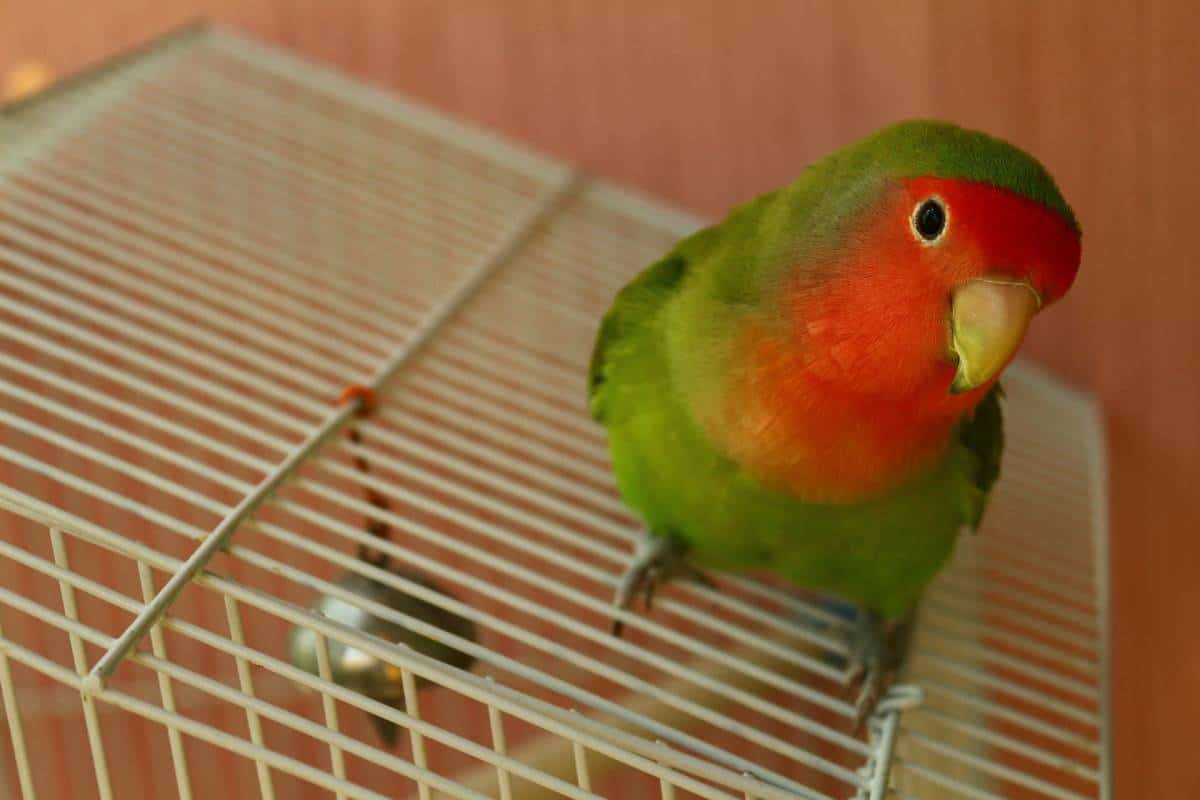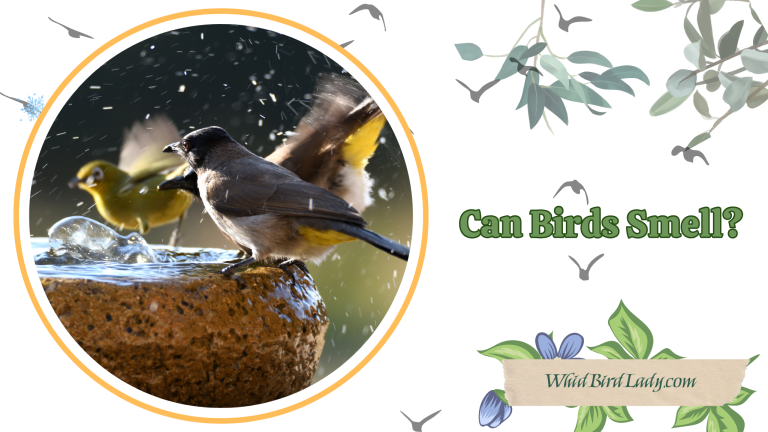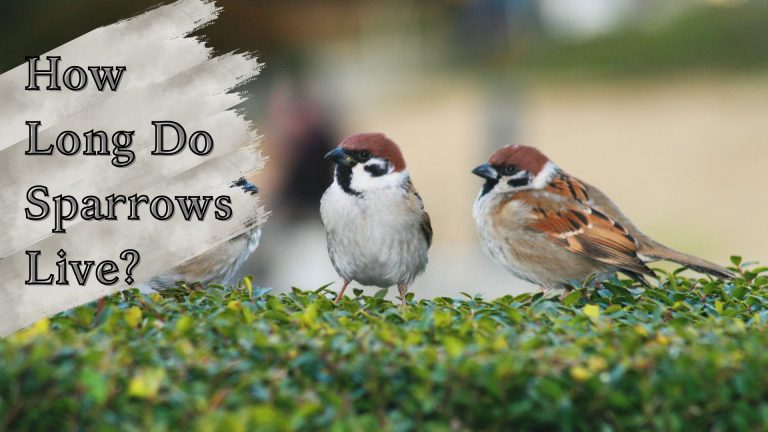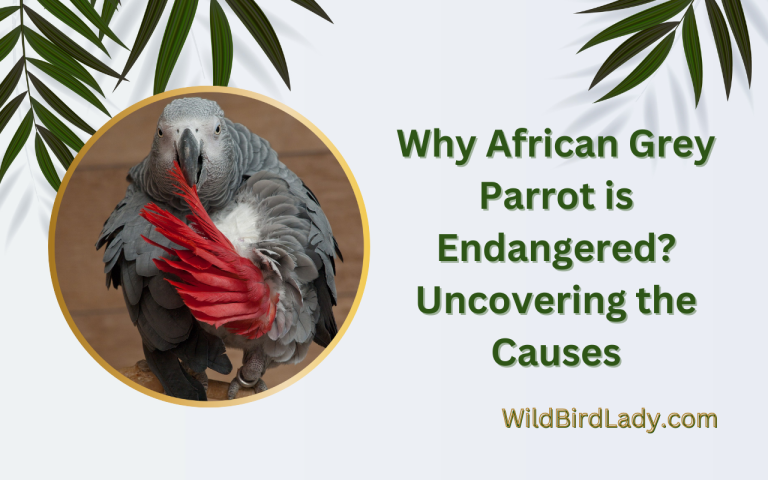The Devastating Truth Behind Lovebirds’ Sudden Death
Lovebirds can die suddenly due to stress caused by the loss of a mate or a change in environment. These small and beautiful birds are known for their strong bond with their partner, and when that bond is broken, it can cause immense emotional distress to the surviving bird.
This stress can weaken the immune system of the bird and make it vulnerable to diseases. Lovebirds are also known to be highly sensitive to changes in their environment, and any sudden change can cause stress and anxiety, ultimately leading to their untimely death.
As a caring pet owner, it is crucial to understand the devastating reason why lovebirds die suddenly and take necessary precautions to ensure the well-being of these beautiful creatures.
Common Causes Of Lovebirds’ Sudden Death
The Devastating Truth Behind Lovebirds’ Sudden Death
Lovebirds are a delightful addition to any household. Known for their striking appearance, chirpy vocals, and charming disposition, lovebirds are fascinating creatures to behold. However, with all their cuteness and grace, these adorable birds are still susceptible to sudden death, which can leave pet owners feeling puzzled and sad.
In this blog post, we’ll discuss the common causes of lovebirds’ sudden death and ways to prevent them from happening.
Highlight Three Common Causes Of Lovebirds’ Sudden Death
Lovebirds can die from a variety of problems, from parasite infestations to nutritional deficiency. Here are three of the most common reasons for their sudden, unexpected death:
Airborne Viruses And Bacterial Infections
Birds, including lovebirds, are highly sensitive to airborne infections. Some of the most common bird diseases, including avian influenza, psittacosis, and newcastle disease, are caused by airborne viruses and bacteria. These diseases can spread quickly in captive birds, especially if their living spaces are unclean and cramped.
Lovrbirds that contract respiratory infections are likely to face sudden death, depriving their owners of the joy of their charming pet’s delightful company.
Preventive measures: ensure that your lovebird’s living space is kept clean at all times. Disinfect their cage regularly with a bird-safe disinfectant. Ban anyone from smoking in the house as cigarette smoke can cause respiratory distress in birds and other pets too.
Malnutrition
Malnutrition is a leading cause of sudden death in lovebirds. Birds who suffer from nutritional deficiencies are prone to numerous health problems, including feather loss, skeletal deformities, and organ failure, all of which can shorten their lifespan. Feeding your lovebirds a balanced diet comprising healthy seeds, fruits and vegetables, is essential to keep them healthy.
Inadequate consumption of essential nutrients such as vitamins, minerals amino acids and calcium can lead to sudden death in lovebirds.
Preventive measures: ensure that your lovebirds’ diet is balanced and full of nutrients it is important to provide them good quality seed mixes made especially for lovebirds. You can also enrich their diet with a variety of fresh fruits and vegetables to provide additional vitamins and minerals necessary.
Heat Exhaustion
Lovebirds are highly sensitive to heat, and heat exhaustion can have severe consequences. Heat exhaustion can cause lethargy, loss of appetite, dehydration, and sudden death. Heat exhaustion can be prevented by keeping your bird’s living quarters out of direct sunlight and placing a water bowl inside their cage.
Limit the number of hours in which your lovebird is in direct sunlight, particularly during the afternoon. It is also important to provide your lovebird with fresh and clean water frequently.
Preventive measures: maintain a healthy temperature inside the cage, and never leave it out in the sun. Position the cage in a cool and well-ventilated corner of the room. Ensure that clean and fresh water is always available in their bowl.
Sudden death in lovebirds can be devasting for their owners. By taking preventive measures, however, we can reduce the risk of this happening to our beloved pets. The key is to keep our lovebirds healthy, happy, and safe so that they can live a long and fulfilling life.
Dehydration
What Dehydration Is
Lovebirds require clean drinking water at all times to maintain their health. Is a condition that occurs when a bird loses more fluids than what it takes in. The lack of water in the body can affect every organ system, leading to a cascade of complications.
How Dehydration Can Cause Sudden Death
Dehydration can lead to organ failure which can cause sudden death in lovebirds. Dehydration-related complications, such as kidney failure or electrolyte imbalances, can overwhelm the body and lead to a sudden collapse.
Common Symptoms Of Dehydration In Lovebirds
Recognizing the signs of dehydration in lovebirds can help pet owners take action before it’s too late. Here are the most common symptoms to look out for:
- Lethargy
- Dry and tacky mouth
- Sunken eyes
- Loss of appetite
- Rapid weight loss
- Reduced urine production
- Weakness or stumbling
- Increased respiratory rate
- Pale and dry skin
Preventive Measures Against Lovebirds’ Dehydration
The good news is that dehydration is preventable in most cases. Here are a few tips to help protect your lovebirds from dehydration:
- Ensure that your lovebirds have access to clean, fresh water at all times.
- Place your bird’s drinking water away from their feeding area to prevent contamination.
- Mist your birds every day to encourage them to drink more water.
- Offer your bird’s fruits and vegetables that have high water content, such as cucumber or watermelon.
- Keep their living area at a consistent temperature to prevent excess sweating or shivering.
- Monitor your bird’s water intake and check their droppings for any changes.
Dehydration is not something to be taken lightly when it comes to your lovebirds. By taking preventive measures, recognizing signs of dehydration, and seeking medical attention in case of an emergency, you are helping your bird live a happy and healthy life.
Poisoning
Highlight Different Types Of Poisoning That Can Lead To Sudden Death
Lovebirds are vulnerable to different types of poisoning that can cause sudden death. The most common types of poisoning in lovebirds include:
- Heavy metal poisoning: Lovebirds are particularly susceptible to heavy metal poisoning, which can occur when they ingest or inhale heavy metals such as lead, zinc, and copper.
- Pesticide poisoning: Lovebirds can be exposed to pesticides and other chemicals through the use of insecticides and cleaning agents within the home.
- Poisonous plants: Some common houseplants, including lilies, daffodils, and poinsettias can be toxic to lovebirds if ingested.
List Common Household Toxins That Lovebirds May Be Exposed To
Lovebirds may be exposed to many common household toxins, which can cause significant health problems or even death. Some of the most commonly found household toxins that lovebirds may be exposed to include:
- Cleaning agents, such as bleach, disinfectants, and surface cleaners
- Insecticides, such as flea sprays, flea collars, and roach traps
- Heavy metals including lead, zinc, and copper found in some paint and plumbing fixtures
- Certain types of food, including chocolate, avocado, and alcohol
- Cigarette smoke
How Poisoning Manifests In Lovebirds
Poisoning in lovebirds can manifest in different ways depending on the toxin that caused it. However, some of the common signs of poisoning in lovebirds include:
- Appetite loss
- Drinking less water
- Vomiting or diarrhea
- Changes in breathing
- Seizures or convulsions
- Disorientation or confusion
- Lethargy or weakness
- Trembling or shaking
Preventive Measures Against Accidental Poisoning In Lovebirds
It’s essential to take preventive measures to ensure your lovebirds don’t become victims of accidental poisoning. Here are some steps that you can take to prevent accidental poisoning:
- Keep your home free of hazardous chemicals and toxins
- Store chemical cleaners and household toxins in a secure location, out of reach of your lovebirds
- Avoid feeding your birds chocolate, alcohol, or avocado
- Provide your lovebirds with safe toys, perches, and accessories
- Do not use toxic substances on your lawn or garden
- Before bringing new houseplants into your home, ensure they are not toxic to birds
Remember, prevention is better than cure, so it’s essential to be vigilant and take the necessary steps to keep your lovebirds safe from poisoning.
Stress
The Devastating Truth Behind Lovebirds’ Sudden Death: Stress
Lovebirds are known for their vibrant colors, affectionate personality, and chirpy voices. However, stress can take a significant toll on their health and overall well-being, leading up to sudden death. Let’s take a closer look at how stress affects lovebirds and identifying stress triggers to prevent them.
Explain How Stress Affects Lovebirds’ Health And Overall Well-Being
Stress is a natural response to danger, but prolonged stress can weaken lovebirds’ immune systems, making them more susceptible to diseases. Continuous stress can lead to behavioral changes, such as aggression, anxiety, and lethargy, disrupting their usual routines. This can affect their mental and physical health, causing loss of feathers, weight loss, and digestive problems.
How Prolonged Stress Can Lead To Sudden Death
Lovebirds may seem robust, but they are delicate creatures that require constant attention, care, and love. Prolonged stress may lead to sudden death due to heart attacks, strokes, and other internal injuries. Lovebirds that experience chronic stress may also develop chronic ailments that can reduce their quality of life, causing severe pain, and discomfort.
Identifying Stress Triggers And How To Prevent Them
The best way to prevent stress-related problems is to be vigilant in identifying stress triggers and take appropriate measures to avoid them. Some stress-causing factors include:
- Social isolation
- Boredom
- Lack of exercise
- Poor nutrition
- Environmental changes
- Medical ailments
Here are some practical ways to prevent stress in lovebirds:
- Give your lovebirds ample playtime and social interaction, either with you or with other lovebirds.
- Provide them with plenty of toys, foraging opportunities, and other stimuli.
- Keep their cage clean, spacious, and comfortable.
- Offer high-quality food, including fresh fruits and vegetables.
- Keep their environment stable, with consistent temperature, lighting, and noise levels.
Stress is a significant factor in lovebirds’ health and well-being, which, if left unattended, can lead to fatal results. By understanding stress triggers and taking reasonable precautions to prevent them, you can provide a happy, healthy, and safe environment for your beloved lovebirds.
Frequently Asked Questions For The Devastating Reason Why Lovebirds Die Suddenly
Why Do Lovebirds Suddenly Die?
Lovebirds can die suddenly due to various reasons, the most common being infections, nutritional deficiencies, and stress. It is crucial to take them for regular checkups to prevent untimely death.
How Can You Prevent Sudden Lovebird Death?
To prevent sudden lovebird death, ensure that they have a balanced diet, offer clean water daily, provide clean housing, and take them for regular checkups. Also, avoid feeding them toxic foods and keep them away from stressors.
What Is The Average Lifespan Of Lovebirds?
Lovebirds can live for up to 15 years with proper care. However, their lifespan may be shorter due to health issues and other factors. Regular veterinary checkups can increase the chances of a long, healthy life.
What Are Some Common Illnesses In Lovebirds?
Lovebirds are prone to various illnesses such as bacterial infections, respiratory infections, internal parasites, and psittacosis. Regular veterinary checkups, proper nutrition, and hygiene can prevent or manage these illnesses.
Can Lovebirds Die From Loneliness?
Yes, lovebirds can die from loneliness, as they are social animals that need companionship. Ensure that your lovebirds have a pair to bond with or provide the necessary attention if they are kept alone.
Conclusion
All in all, lovebirds make exceptional pets, adding life and color to any room they occupy. However, the sudden and devastating loss of these beautiful creatures is an all too common occurrence amongst pet owners. As we have discovered, there are a number of reasons why lovebirds may die suddenly, including illnesses, diseases, and even accidents.
For owners, it is important to be mindful of their bird’s health, a balanced diet, plenty of exercise, and a clean and stress-free environment. Maintaining a positive relationship with your pet and providing regular check-ups with a reputable veterinarian goes a long way in ensuring a healthy and happy lifespan for your feathered friend.
Ultimately, the sadness and pain we feel at losing our pet lovebirds, demonstrates just how deeply they touch our hearts, and the importance of cherishing every moment we have with them.

